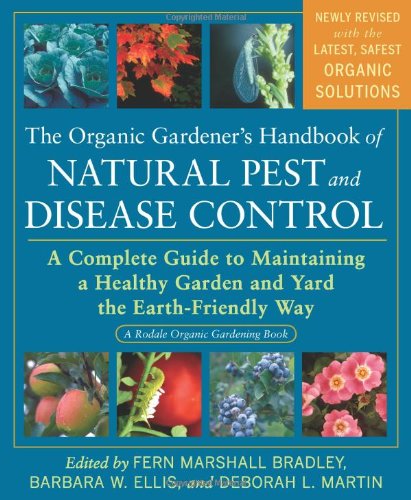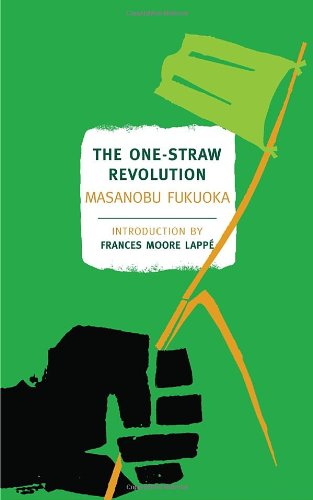
The Organic Gardener’s Handbook of Natural Pest and Disease Control: A Complete Guide to Maintaining a Healthy Garden and Yard the Earth-Friendly Way (Rodale Organic Gardening Books)
With growing consumer awareness about the dangers of garden chemicals, turn to The Organic Gardener’s Handbook of Natural Pest and Disease Control (by Fern Bradley) as the most reliable and comprehensive guide on the garden shelf. Rodale has been the category leader in organic methods for decades, and this thoroughly updated edition features the latest science-based recommendations for battling garden problems. With all-new photos of common and recently introduced pests and plant diseases, you can quickly identify whether you’ve discovered garden friend or foe and what action, if any, you should take.No other reference includes a wider range of methods for growing and maintaining an organic garden. The plant-by-plant guide features symptoms and solutions for 200 popular plants, including flowers, vegetables, trees, shrubs, and fruits. The insect-and-disease encyclopedia includes a photo identification guide and detailed descriptions of damage readers may see. The extensive coverage of the most up-to-date organic control techniques and products, presented in order of lowest impact to most intensive intervention, makes it easy to choose the best control.

